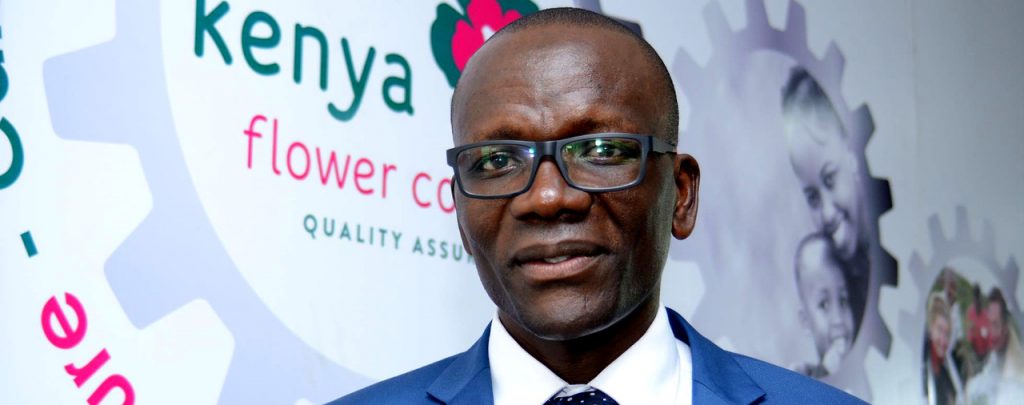
Industry stakeholders in the floriculture sector convened in Nairobi this week for the Flower Logistics Africa 2025 Expo to tackle challenges facing the flower export industry. The event brought together government representatives, logistics experts, growers and exporters to discuss strategies for enhancing Africa’s role in the global flower trade.
During the discussions, Clement Tulezi, CEO of the Kenya Flower Council, emphasized one of the sector’s major challenges: the rising cost of airfreight. With Europe and Asia as the primary markets for African flowers, air transport remains essential. However, as air cargo capacity shifts to more profitable routes, exporters are facing increasing costs and unpredictable pricing.
“The challenge is significant,” Tulezi said, “but it’s also an opportunity to diversify our markets. Countries like China and Japan are emerging as potential destinations, which could help boost the continent’s revenue.”
In line with these challenges, Jacob Bwana, general manager of marketing and business development at Kenya Airports Authority, emphasized the need for investment in cold chain infrastructure to ensure that the flowers retain their freshness and quality throughout the transport process.
Patricia Odida, chief commercial officer of Astral Aviation, also spoke on the necessity of improved logistics. She stressed the importance of creating direct flight routes and specialized cargo routes to improve efficiency and reduce costs. According to Odida, better air connectivity will enable African exporters to compete more effectively with Latin American producers who currently dominate key international markets.
Kenya’s Avocado Industry Urged to Expand Into North America
Speaking at the Perishable Logistics Africa 2025, which took place alongside the Flower Logistics Africa Kakuzi PLC Managing Director Chris Flowers emphasized the need for Kenya’s avocado sector to explore new export markets beyond Europe, with a particular focus on North America. He called for stronger collaboration between industry players and government agencies to unlock opportunities in the region.
“As Kenya’s avocado industry expands, businesses must align with government efforts to gain access to this promising market,” Flowers said. “A well-coordinated strategy centered on regulatory compliance, thorough market research, and strategic alliances will be crucial for success.”
Kakuzi PLC is laying the groundwork for entry into the North American market, prioritizing production efficiency, processing capabilities, and logistical preparedness while awaiting market access approvals. Flowers pointed out that while China and India offer future potential, their current demand remains modest compared to Europe. He stressed that North America, as the world’s largest avocado consumer, should be a key focus for Kenyan exporters.
The U.S. alone consumed 1.3 million metric tons of avocados in 2024, with Mexico supplying over 80% of that total. In contrast, European consumption stood at 0.9 million metric tons, illustrating the significant growth potential for Kenya in North America.
